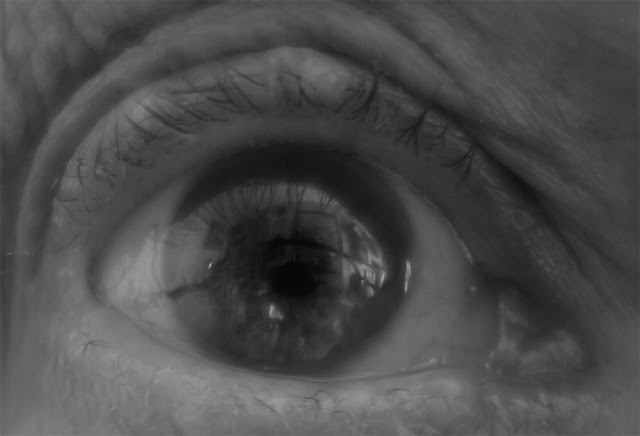LONE WOLF
The authors of an L.A. Times report about Dylann Roof begins, “…seemed to be wandering through this small suburb (of Charleston, S.C) with a set of racist views and little else: no school, no friends, no clique with which to associate.”
When I read the piece in this morning’s paper, It occurred to me that millions of names of Americans, and undoubtedly of many other people in the world, could have been placed accurately at the beginning of that opening sentence. All of us are solitary loners striving for connection with a group or at least with one other individual. Regardless of what went wrong with Dylann Roof, the fact that we are all loners is a place to start with our questions about what went wrong with him… and what can go wrong with people. A place to start is with an understanding of the most basic human condition. I was once a teacher, a teacher of English to high school students. I had the good fortune to discover early in my career something very important to know about the great literature of the world. What I discovered made me a teacher, not just someone who could stand in front of adolescents and entertain them with good stories. Most stories and poems that become important in any human culture, and especially those that find their way onto the reading lists and part of school curricula, are primarily about the “aloneness” dilemma of persons. I taught for two years then I went back to graduate school for two years and during that time I supported myself and my family by working as a correctional officer/guard at the most notorious prison in California. Nothing I learned in academic settings changed my teaching and my life as much as those two years of nights at San Quentin Prison. In cell blocks overcrowded with inmates, alone in prison towers and on prison wall posts, in the kitchen area and library and chapel I learned what Shakespeare and Mark Twain were getting at in Hamlet and The Adventures of Huckleberry Finn and what Charles Dickens’ novel Great Expectations was really about. I learned that my job was not just to tell a bunch of kids that the language police don’t want them to end a sentence with a preposition like “about,” but that the novels and poems and plays are much more than entertaining stories. We can identify with the stories, they grab us, because we too are alone.
Watching a man die alone in the Gas Chamber of San Quentin Prison after he had been brought from a holding cell at eleven o’clock in the morning, an hour later than the scheduled execution during which time attempts were made with the Governor to stop the killing, and strapped by two Lieutenants into one of two special chairs in a lonely light green room, I got it. In a “chamber” surrounded by the Warden, two doctors, the Attorney General, at least twelve citizens, members of the immediate family of the victim, and at least one Correctional Officer for every official witness, I watched the execution. I watched him die alone as the colorless cyanide gas that none of us could see filled the space. Richard Harmon, age 27, died alone in the light green room. I had not been to sleep since early in the evening before the execution; but before I went home, I found a corrections captain to tell him that I would quit my job before I would accept another assignment that involved anything at all to do with an execution. My name never again was on one of the lists of guards assigned to be present at the death of a condemned man.
Almost twenty years after I had left my job at San Quentin and while I was Headmaster of The Potomac School near Washington, D.C., the majority of the citizens of California declared their support for the death penalty even after the State Legislature voted to abolish it. Thirty-six of the United States still have the death penalty on their books. California with 746 condemned men and women has the most people waiting for execution. Thirteen people have been executed in California since the death penalty was reinstated in 1978.
But this writing is not about the death penalty. Of course, I am opposed to the barbaric practice of deliberately killing any person; but that is not what is on my mind as I write this BLOG post. What is on my mind is that Dylan Roof, when he sat for an hour in a prayer meeting at Emanuel AME Church in Charleston before he opened his satchel and took out a gun and killed nine people, Dylan Roof was alone in the church. He was surrounded by a clutch of people, but he was alone, and he acted by himself. What is more important to know is that we are all ultimately, finally, when as they say in my native Arkansas dialect, “you get right down to it,” we are all alone. A preacher may stand in front of a room full of people at a prayer meeting or at a crowded sunday service, but if she/he fails to see them as individuals, as people alone, the message of the occasion fails. Nothing is more important than knowing what it means to be inside whatever body we inhabit than that we are there all by ourselves.

No comments:
Post a Comment